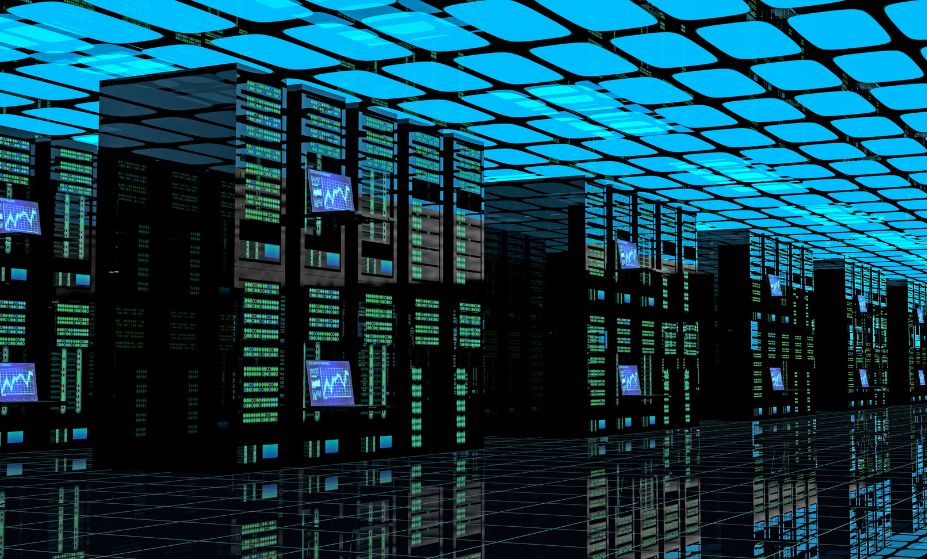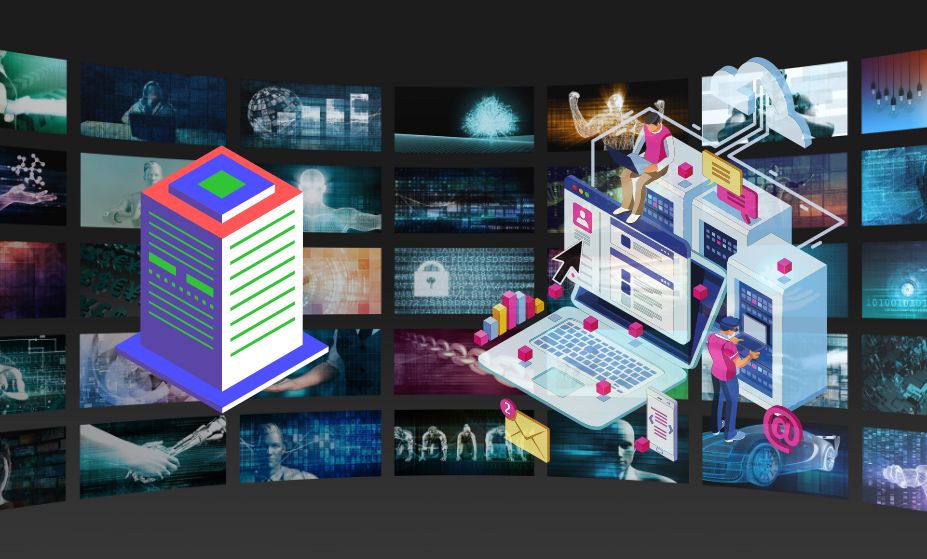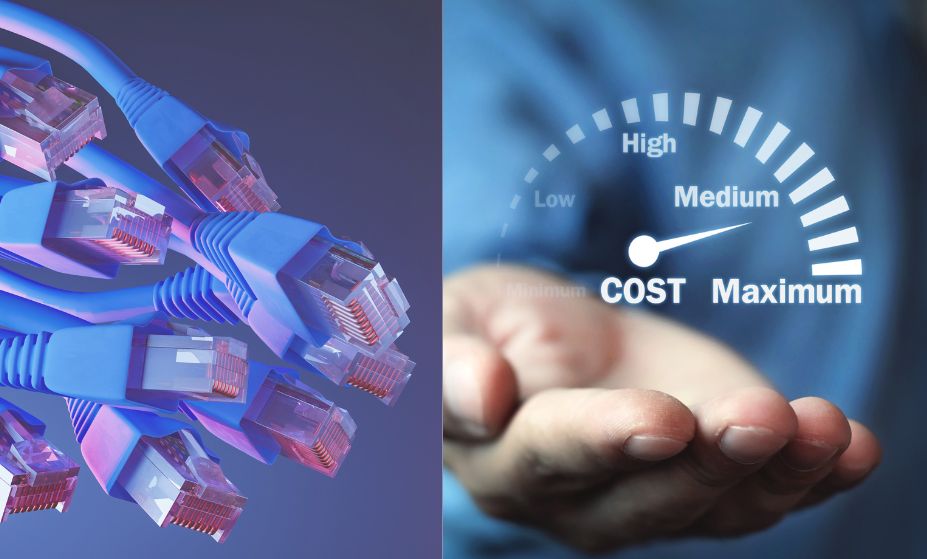Data centers play a critical role in the modern business world, serving as the foundation of an organization’s IT infrastructure. However, not all data centers are created equal. There are several different types of data centers, each with its own set of characteristics and benefits. Understanding the differences between these types can help you make informed decisions about your own IT infrastructure.
On-Premises Data Centers
On-premises data centers are owned and operated by the organization that uses them. They are located within the organization’s own facility and are used to store, process, and manage the organization’s data. On-premises data centers offer the benefit of complete control over the IT infrastructure, allowing the organization to customize the hardware and software to meet its specific needs. However, they can also be expensive to set up and maintain, requiring a significant investment in hardware, software, electricity, and staffing.
Colocation Data Centers
Colocation data centers are third-party facilities that allow organizations to rent space to house their own IT infrastructure. The organization is responsible for the hardware and software, while the colocation provider is responsible for the facility and its maintenance. Colocation data centers offer the benefits of a data center without the need for the organization to invest in and maintain its own facility. However, they may not provide the same level of customization as an on-premises data center.
Cloud Data Centers
Cloud data centers are virtual data centers that are accessed over the internet. Rather than housing their own IT infrastructure, organizations can access computing resources – including servers, storage, networking, and software – on a pay-as-you-go basis from a third-party provider. Cloud data centers offer the benefits of scalability and cost-effectiveness, as organizations only pay for the resources they use. However, they may not offer the same level of control or customization as on-premises or colocation data centers.
Hybrid Data Centers
Hybrid data centers combine on-premises, colocation, and cloud data centers. They allow organizations to use a mix of their own IT infrastructure and third-party resources, depending on their needs. Hybrid data centers offer the benefits of flexibility and customization, as organizations can choose the mix of in-house and outsourced resources that best meets their needs. However, they can also be more complex to manage and require careful planning to ensure that all components work together effectively.
Choosing the Right Data Center for Your Business
The type of data center that is right for your business will depend on your specific needs and goals. On-premises data centers offer the most control and customization, but may not be the most cost-effective option. Colocation data centers offer a more budget-friendly alternative, but may not offer the same level of control. Cloud data centers are highly scalable and cost-effective, but may not offer the same level of security and control as on-premises or colocation data centers. Hybrid data centers offer the benefits of flexibility and customization but can be more complex to manage. Carefully consider your options and seek the advice of IT professionals to choose the right data center for your business.
Ultimately, the choice of the data center will depend on your specific needs and goals. Carefully consider your options and seek the advice of IT professionals to choose the right data center for your business. If you do choose to go with an on-premises or colocation data center, be sure to consider the benefits of dedicated servers from Atalnetworks. Our dedicated servers offer increased performance, security, and control, making them an ideal choice for businesses with high computing needs. Keep in mind that the type of data center you choose will have a significant impact on your IT infrastructure, so it’s important to make an informed decision. Whether you choose an on-premises, colocation, cloud, or hybrid data center, it’s crucial to ensure that it meets the needs of your organization and supports the growth and success of your business.



